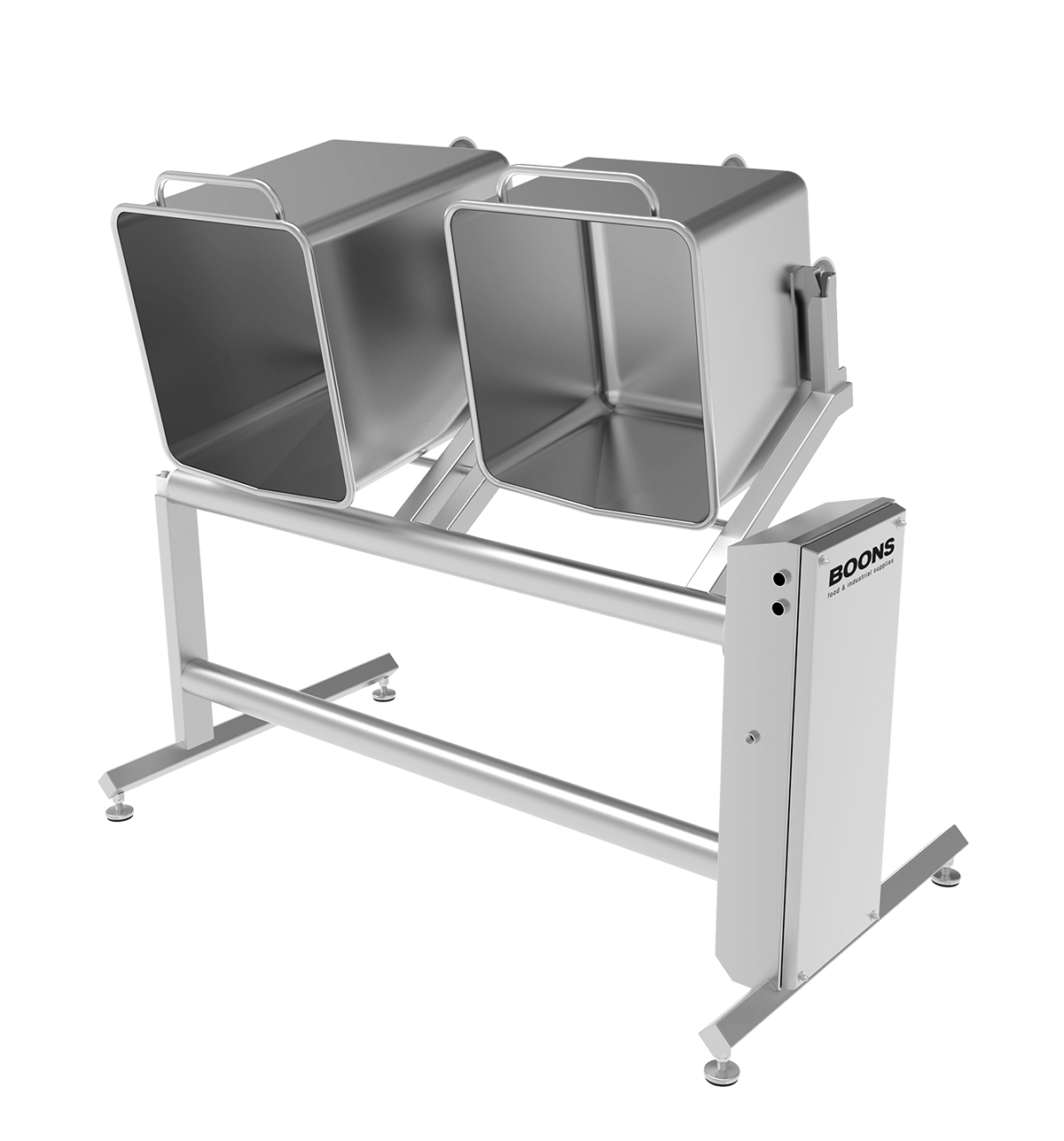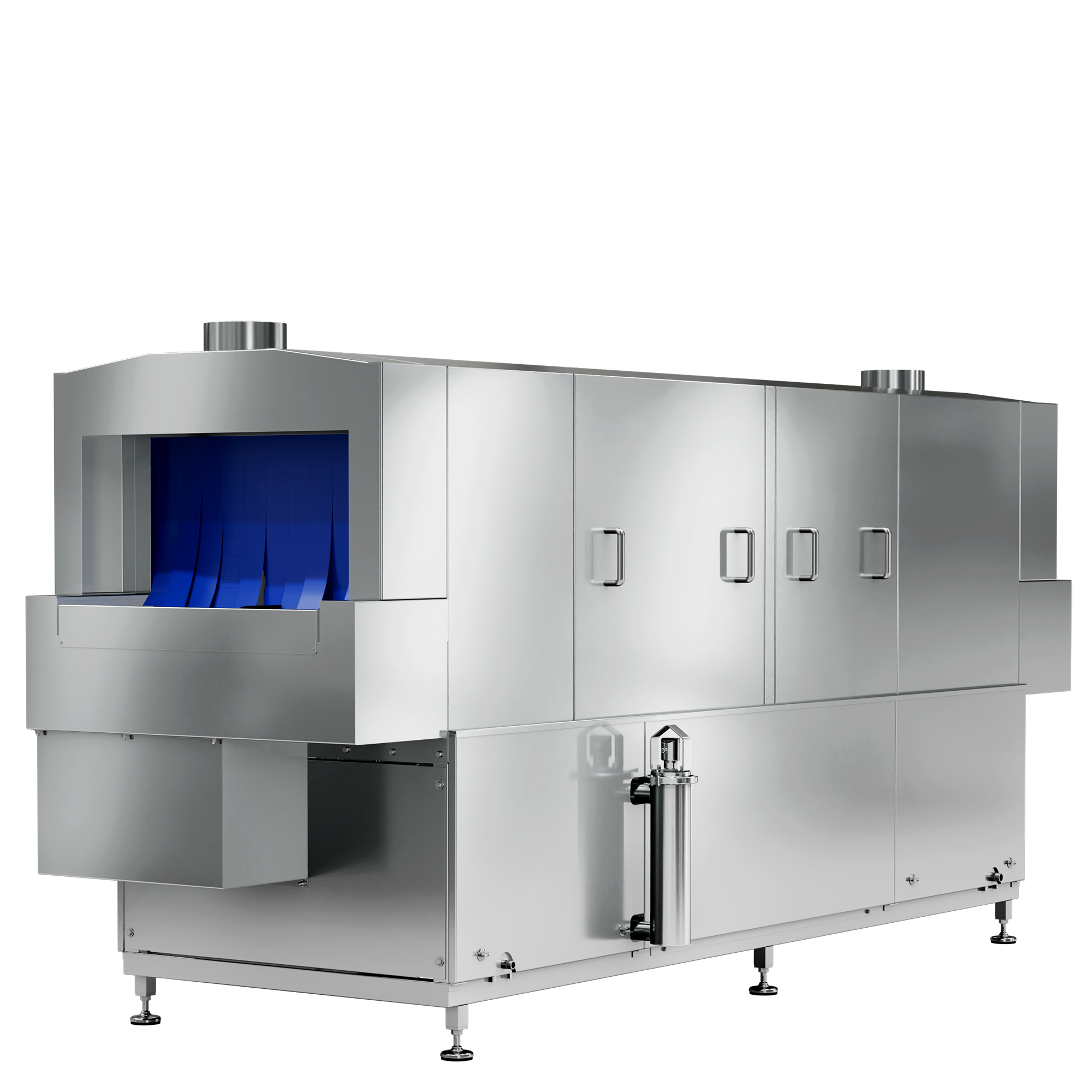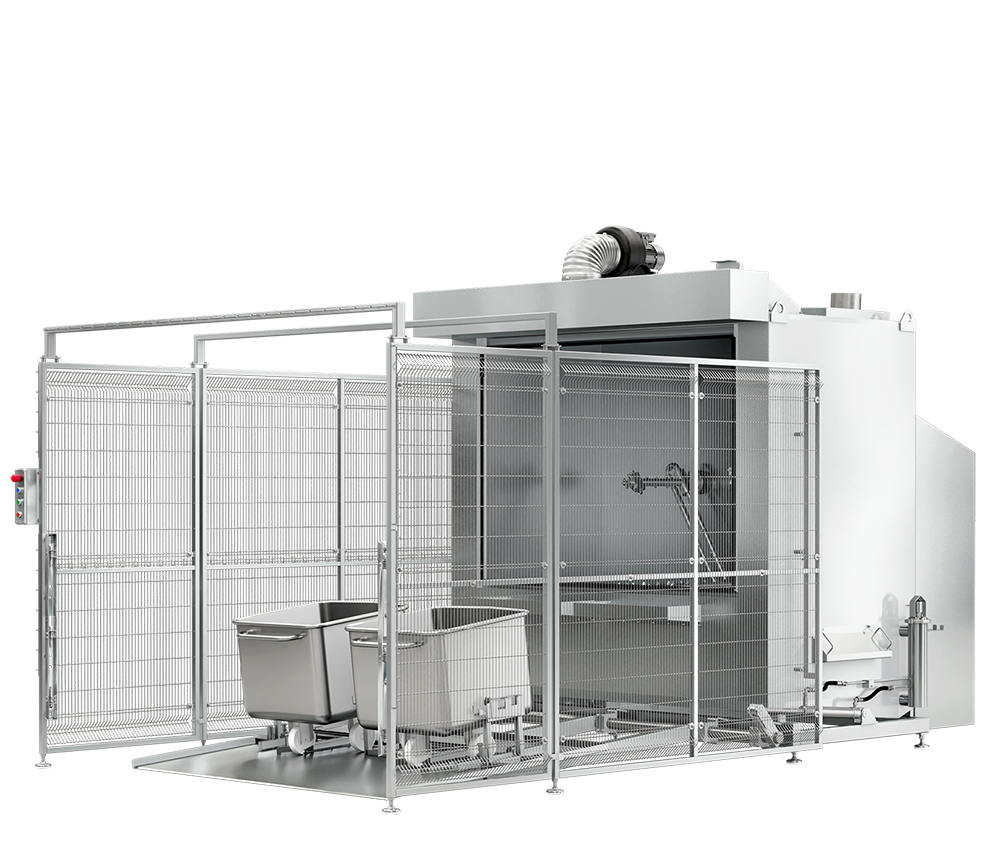Smart reuse of water in food processing companies: a sustainable approach
- Tuesday 05 March 2024
- By: BOONS FIS
- Category: Foaming and disinfection installations
Water is a precious resource essential to life and numerous industrial processes, including food processing. In a time when water is becoming scarcer (and more expensive) and the demand for sustainable business practices is increasing, it is crucial for companies in the food processing sector to reduce and optimize their water consumption. One of the most effective ways to achieve this is through smart reuse of water.
Limiting water consumption in food processing
Food processing companies are among the largest water consumers in the industry. From cleaning raw materials to rinsing equipment and cooling products, water plays a crucial role at various stages of the production process.
However, much of this water ends up as wastewater, loaded with organic material, nutrients, and potentially harmful substances, which is a significant burden on the environment.


Smart reuse, pretty smart
Smart reuse of water offers a sustainable solution to this problem. Instead of using water once and rinsing it, it is treated and cleaned for reuse in the same process or even in other applications within the company. This approach provides several benefits:
- Reduction of wastewater discharge: Water reuse reduces the amount of wastewater burdening the environment, thereby decreasing the impact on ecosystems.
- Cost saving: By using less water and treating wastewater, companies can achieve significant savings on their water and wastewater costs.
- Improved sustainability reputation: Consumers, environmental organizations, and governments appreciate companies committed to sustainability. By embracing smart water reuse, food processing companies can demonstrate their sustainability commitment and improve their reputation.
Examples of smart reuse
- Water purification systems: Advanced water purification systems can be implemented to treat and purify wastewater to a quality suitable for reuse in the production process.
- Recirculation systems: Water used for cooling/washing/rinsing equipment, materials, or products can be collected, treated/filtered, and returned to the process, saving fresh water.
- Rainwater collection: Rainwater can be collected and treated for use in non-production-related applications, such as cleaning.
- Process optimization: By revising and optimizing processes, food processing companies can reduce water consumption.

Smart reuse of water is an essential part of sustainability in the food processing industry. By no longer considering water as a disposable product but as a valuable resource that can be recycled and reused, companies can achieve both ecological and economic benefits. It is time for the food processing sector to embrace this approach and make a difference in building a more sustainable future.
Investing in an industrial crate washer or a eurobin washer from BOONS FIS are good examples of consciously saving water. The rinse water is filtered and reused in the washing zone. When manually washing crates, the used water is usually not collected for reuse, often disappearing immediately into the drain, resulting in higher water bills.
Discover our range of crate washers and industrial washing installations or also read the blog on the efficiency and sustainability of our crate washers.
Products in this message

Standard trolley washing frame
These standard washing frames have been specifically designed to safely and effectively clean...
Crate washer
KWM600
The capacity of this KWM600 is between 400 and 800 crates per hour, depending on the chosen...

